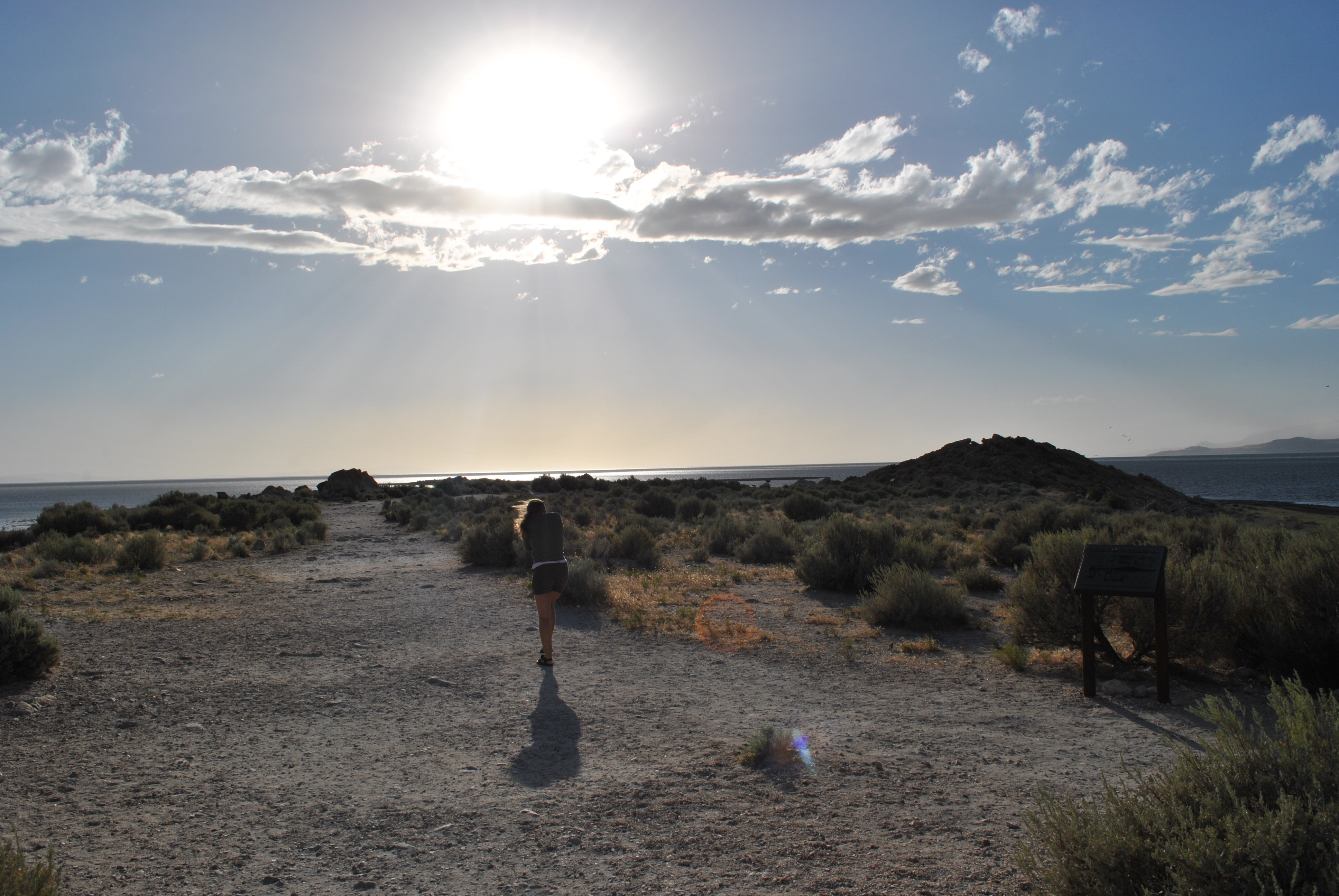
Inequity in the path of climate change
In the wake of the most recent youth climate strike, a lot of media is talking about the leadership of the next generation. Greta Thunberg told world leaders they “are failing us” at the Sept 23 UN Climate Action Summit. Certainly, children are going to be paying for the consumption habits and environmental ravaging of their parents and grandparents. The injustice of this stings for those of us preparing to move forward into a hot, diseased, and chaotic future. But in many parts of the world, it’s not just young people who are paying the debts of others.
While colonialism built European and American economies from the natural resources and labor of people in the global south, it has left those areas in political turmoil, resource depleted, and ultimately slower to modernize. These factors all have the contemporary consequence of leaving these regions ill equipped to face the already present ills of climate change. Countries in Central America and the Caribbean are annually beaten by increasingly violent tropical storms. Sea level rise is up to four times greater for Small Island Developing States in the Pacific than the global average. Malaria, heat stress, and malnutrition are all more dramatic in developing countries around the globe. At the same time, due to their developing status, these countries do not have the infrastructure in place to navigate these perils and do not have the benefit of cheap carbon to help them get there as did the nations whose emissions are causing these threats.